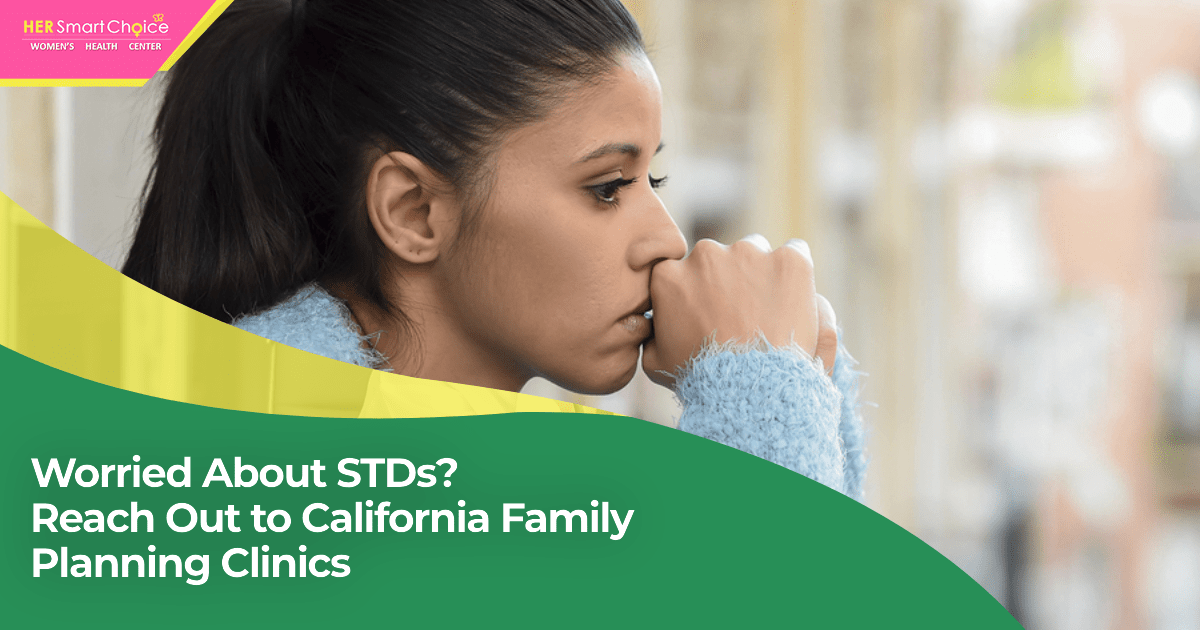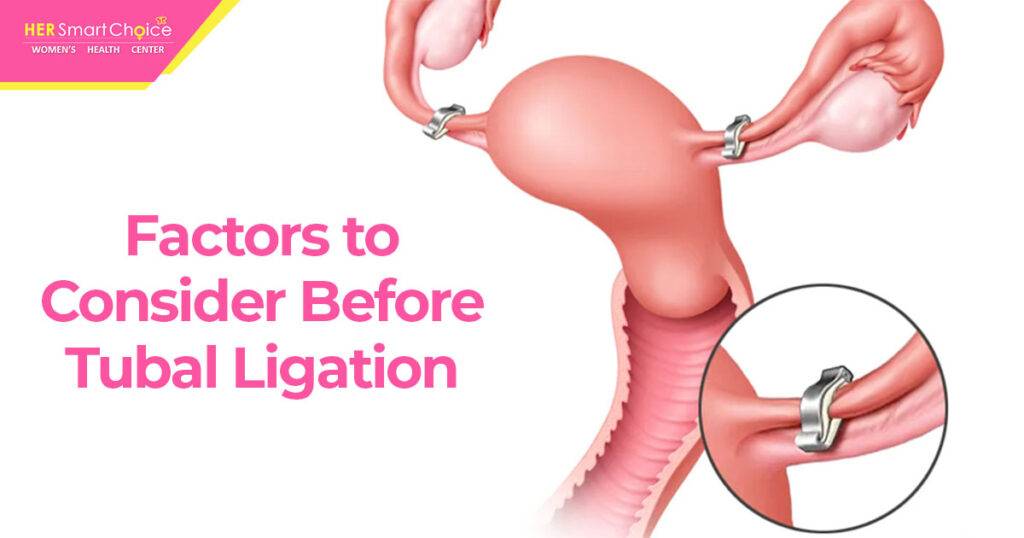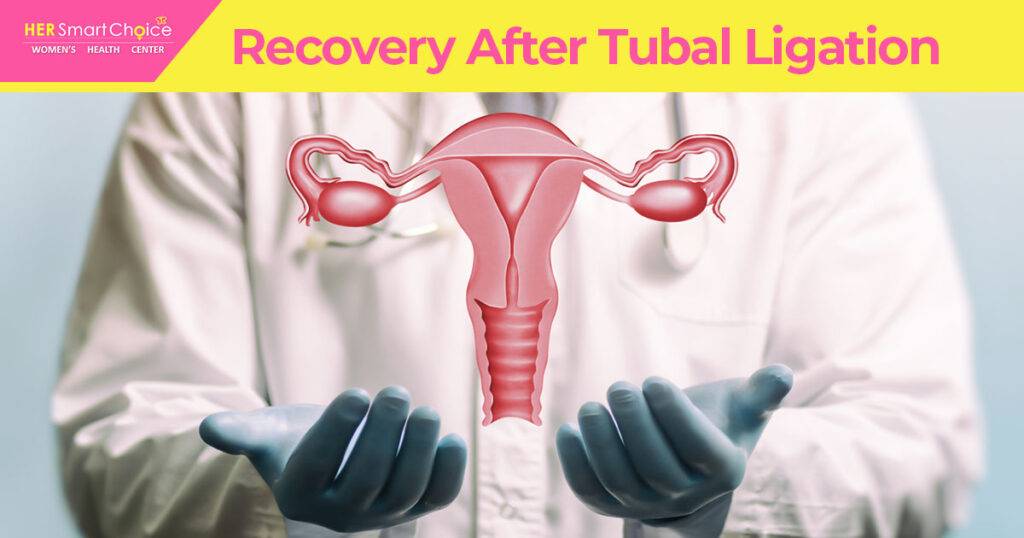Nowadays, overburdening and stress in life impact the reproductive health of women. Whether it’s the menstruation cycle or pregnancy, mental stress overlaps everything. This is the reason that women need to enhance their knowledge and obtain the right guidance on miscarriage. Let’s explore the types of miscarriage, how you can have it, and how painful it is.
What is a Miscarriage?
A miscarriage happens when a baby in the fetus stops growing and cannot survive. This usually occurs before the 20th week of pregnancy. If this happens after the 20th week, it’s called a stillbirth.
Doctors call a miscarriage a “spontaneous abortion.” It’s one of the most common problems in early pregnancy. Sadly, about 1 in 4 pregnancies ends in a miscarriage.
Most miscarriages occur in the first few months of pregnancy. Around 85% of them happen before 12 weeks. Sometimes, a woman might have a miscarriage even before she knows she’s pregnant.
Even though miscarriages are quite common, they can be really sad and hard for the women going through them.
Types of Miscarriage

Your healthcare provider may diagnose you with the following types of miscarriage:
A threatened miscarriage occurs when a pregnant person experiences symptoms such as vaginal bleeding and lower abdominal pain or backache during the early stages of pregnancy. Despite these concerning signs, the cervix remains closed, indicating that the pregnancy is still intact. In many cases, the pregnancy continues without further complications.
-
Inevitable or Incomplete Miscarriage:
An inevitable or incomplete miscarriage signifies that a miscarriage is actively taking place. It is characterized by heavier bleeding and more intense abdominal or back pain compared to a threatened miscarriage. The cervix is open in this scenario, indicating that the body is in the process of expelling pregnancy tissues. If all pregnancy tissues are not fully expelled, it’s considered an incomplete miscarriage.
A complete miscarriage occurs when the body successfully expels all pregnancy tissues, including the embryo or fetus, from the uterus. This leads to a significant reduction in symptoms like bleeding and pain. After a complete miscarriage, the body typically begins to heal.
A missed miscarriage, also known as a silent miscarriage, happens when the embryo or fetus has stopped developing, but the body does not show immediate signs. There might be no symptoms like bleeding or pain. This type of miscarriage is often detected during routine ultrasound examinations, where the absence of fetal heartbeat or growth is observed despite the absence of apparent symptoms.
Recurrent miscarriage is diagnosed when a person experiences three or more miscarriages within the initial trimester of pregnancy. It’s a distressing condition that requires a thorough medical investigation to identify potential underlying causes. Various factors, including genetic, hormonal, anatomical, immunological, and lifestyle factors, might contribute to recurrent miscarriages.
What happens first during a first miscarriage?

It’s difficult to predict the initial signs of a miscarriage because everyone’s body reacts differently. There are instances when no signs of miscarriage appear, and you only discover the pregnancy loss during a special ultrasound check. While many people will feel some cramps and see some bleeding, what actually starts the process can be different for each individual.
How do I know I’m having a miscarriage?

Most of the time, you’re unaware of the miscarriage. Here are the most common signs and symptoms of miscarriage.
- Cramping and abdominal discomfort (typically more intense than menstrual cramps)
- A mild to severe lower backache may be present.
- A decrease in pregnancy-related symptoms.
Are you experiencing any of these symptoms? If yes, you may contact your pregnancy healthcare provider the same day or visit the women’s health clinic. Her Smart Choice, a leading Women’s Health Center, provides walk-ins and same-day appointments that allow you to meet the requirements of your health quickly and without delay.
How long does a miscarriage take?

The duration of a miscarriage can vary in every case, as it’s influenced by several factors. In general, a miscarriage might take a few days to a few weeks to complete. The timing largely depends on the stage of pregnancy, the individual’s body, and the type of miscarriage.
Early miscarriages, occurring within the first trimester, often occur relatively quickly. This could involve several days of cramping and bleeding, with the body naturally expelling the pregnancy tissue.
On the other hand, a miscarriage that happens later in the first trimester or beyond might take more time, potentially a few weeks, as the body adjusts and gradually eliminates the pregnancy tissue.
Medical interventions, such as medications or surgical procedures to remove the remaining tissue, can also impact the timeline. After a miscarriage, bleeding might continue for a week or two, tapering off gradually. However, this can vary from person to person.
Remember that emotional healing is just as important as physical recovery. Grieving and coming to terms with the loss may take longer than the physical aspects of a miscarriage. For that, you can consult with experienced counselors of Her Smart Choice, via telehealth or face-to-face meetings. Further, if you have concerns about the duration of any unusual symptoms during or after a miscarriage, it’s crucial to consult a healthcare provider for guidance and support.
How Painful is a miscarriage?
Experiencing a miscarriage can be an emotional and physical challenge, and one common concern is the level of pain associated with it. It’s important to remember that the pain experienced during a miscarriage can vary greatly from person to person. Here’s a simple breakdown of what you might expect when it comes to the pain of a miscarriage.
Unique Nature of Miscarriage: Like pregnancy, the experience of miscarriage is also unique for every woman. During the procedure, some women might feel intense cramping, while others might have cramps that resemble their regular menstrual discomfort. Your body’s response can be influenced by various factors, including the stage of pregnancy, your overall health, and your individual pain tolerance.
Miscarriage Types and Pain Levels: The type of miscarriage you’re going through can also impact the level of pain. If you’re having a complete miscarriage at home, you might experience stronger pain compared to someone who has a surgical procedure to remove the pregnancy. A missed miscarriage, where the body doesn’t recognize the loss immediately, might involve less intense pain.
Cramping and Discomfort: Cramping is a common aspect of a miscarriage. It’s often described as a strong, steady pain in the lower abdomen. Some women equate it to severe menstrual cramps. The pain might come and go or remain constant, and it’s usually accompanied by bleeding.
Managing Pain: If you’re concerned about the pain associated with a miscarriage, it’s essential to communicate with your healthcare provider. They can offer guidance on managing the discomfort, suggest pain relief options, and provide insight into what’s considered a normal level of pain. Applying a heating pad, taking over-the-counter pain relievers (if approved by your doctor), and practicing relaxation techniques can sometimes help ease the discomfort.
Emotional Impact: While physical pain is a concern, it’s also important to acknowledge the emotional impact a miscarriage can have. Remember that seeking emotional support from friends, family, or a mental health professional is just as crucial as addressing physical pain.
Final Thoughts
To sum up, dealing with miscarriage involves knowing, getting help, and taking care of yourself. If you understand the different types of miscarriage, can handle any pain, and know how long it might take, you can start healing. It’s important to seek help from doctors at women’s health clinics and talk to people who support you emotionally. This way, you can work towards feeling better in a complete and caring way.















 Whether you’re a teenager experiencing your first period or a mature woman facing menopause, your first gynecologist visit can be filled with nerves and uncertainties. This is completely normal! Remember, gynecologists are dedicated to your well-being and understand the anxieties surrounding these visits.
Whether you’re a teenager experiencing your first period or a mature woman facing menopause, your first gynecologist visit can be filled with nerves and uncertainties. This is completely normal! Remember, gynecologists are dedicated to your well-being and understand the anxieties surrounding these visits. During your first visit, your gynecologist will likely:
During your first visit, your gynecologist will likely:



 Smelly discharge following an abortion is not uncommon. Several factors can contribute to this situation:
Smelly discharge following an abortion is not uncommon. Several factors can contribute to this situation:
















